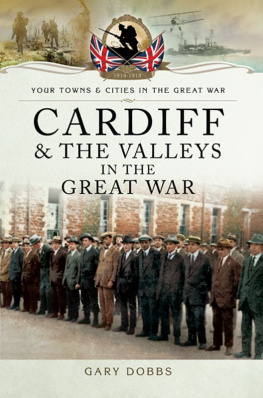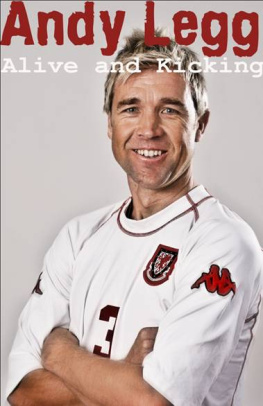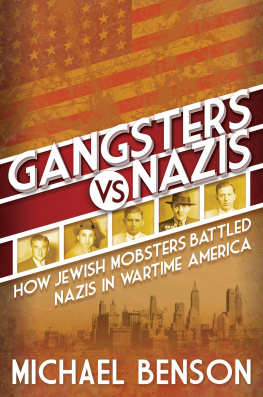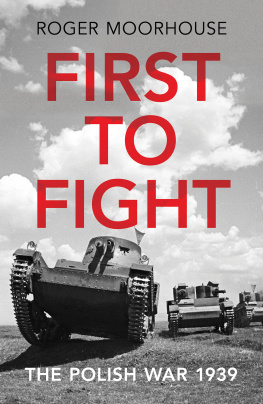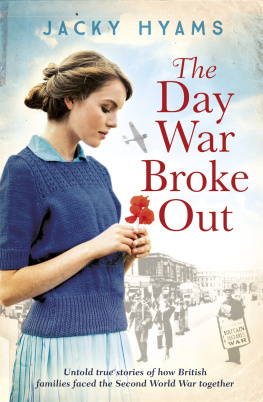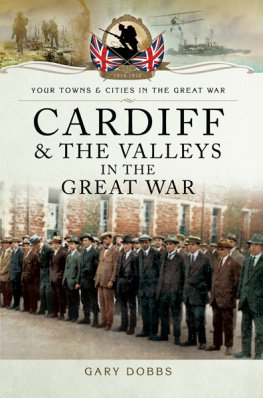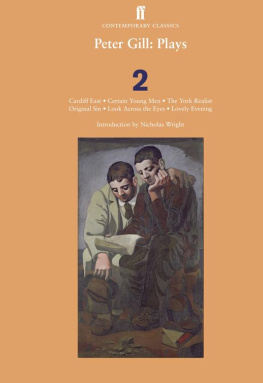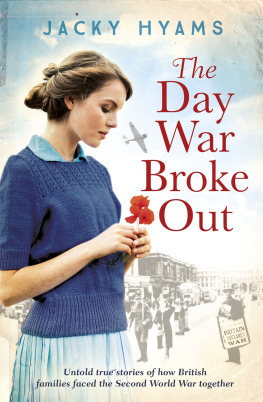YOUR TOWNS & CITIES IN WORLD WAR TWO
CARDIFF AND THE VALLEYS AT WAR
1939-45
YOUR TOWNS & CITIES IN WORLD WAR TWO
CARDIFF AND THE VALLEYS AT WAR
1939-45
GARY DOBBS
First published in Great Britain in 2018 by
PEN & SWORD MILITARY
an imprint of
Pen and Sword Books Ltd
47 Church Street
Barnsley
South Yorkshire S70 2AS
Copyright Gary Dobbs, 2018
ISBN 978 1 47386 461 0
eISBN 978 1 47386 463 4
Mobi ISBN 978 1 47386 462 7
The right of Gary Dobbs to be identified as the author of this work has been asserted by him in accordance with the Copyright, Designs and Patents Act 1988.
A CIP record for this book is available from the British Library
All rights reserved. No part of this book may be reproduced or transmitted in any form or by any means, electronic or mechanical including photocopying, recording or by any information storage and retrieval system, without permission from the Publisher in writing.
Pen & Sword Books Ltd incorporates the imprints of Atlas, Archaeology, Aviation, Discovery, Family History, Fiction, History, Maritime, Military, Military Classics, Politics, Select, Transport, True Crime, Air World, Frontline Publishing, Leo Cooper, Remember When, Seaforth Publishing, The Praetorian Press, Wharncliffe Local History, Wharncliffe Transport, Wharncliffe True Crime and White Owl.
For a complete list of Pen and Sword titles please contact
PEN AND SWORD BOOKS LIMITED
47 Church Street, Barnsley, South Yorkshire, S70 2AS, England
E-mail:
Website: www.pen-and-sword.co.uk
Or
PEN AND SWORD BOOKS LIMITED
1950 Lawrence Rd, Havertown, PA 19083, USA,
E-mail:
Website: www.pen-and-sword.com
This book is dedicated to my father
Thanks Dad, for everything.
Acknowledgements
I am deeply indebted to the team at Cardiff Central Library, without whom much of the research material used in the writing of this book would have been impossible to find. Huge thanks are of course due to Roni Wilkinson for commissioning this book in the first place. I also owe thanks to the vast archives of the Western Mail and South Wales Echo .
I found the book The Welsh Great Escape by Peter Phillips to be extremely useful in digging out much of the information regarding the day to day life at the Island Farm Prisoner of War Camp. The BBC and S4C Television are also due thanks for additional information on the escape that occurred from the camp in 1945. I must not forget to acknowledge the sterling work done by Brett Exton, Richard Williams, Wayne Gill and Stel Anthony of The Hut 9 Preservation Group who ensure that this important slice of history is maintained for future generations.
Finally I would like to thank my best buddy, Sherlock Bones (truly a canine extraordinaire) for sitting patiently beneath my desk and keeping me company while I worked away into the dead of night.
Gary Dobbs 2018
Photographic Credits
Many of the photographs used throughout this book are in the public domain. I am grateful to the South Wales Echo and Media Wales for granting me permission to use photographs from their collections within this work. Most of the modern-day photographs are the authors own work.
INTRODUCTION
To Paint a Picture
The Devils Decade was just one of the names given to the lean years preceding the outbreak of the Second World War. Historians have written extensively of the tableau of horrors that existed during the interwar years: of dole queues, hunger marches and poverty, of malnutrition, disease and despair. With the coal industry in precipitous decline, industrial Wales was hit particularly hard during these years. In Cardiff, even then a vibrant city, the slums were filled with barefooted children and aimless, unemployed men.

1930s living conditions.
Living was hard for the people of Cardiff and its surrounding valleys. Coal-burning fires heated the small ovens in which housewives did their cooking. A kettle was boiled on the fire and in houses everywhere a stock pot hung over the flames, or a saucepan of stew warmed on the hob. Many houses were without electricity with gas lights providing illumination during the hours of darkness, and the bedrooms, unheated, would have candles burning to flicker away the shadows. In some houses there were fire grates in the bedrooms but few could afford to light these and they would only be used at times of illness. These were frugal times, but worse suffering was to come by the end of the decade when the world would once again be thrown into the chaos of global war.
It had been a mere twenty years since the guns of the Great War, the so called war to end all wars, had fallen silent and yet on 3 September 1939, the South Wales Echo carried the headline: BRITAIN DECLARES WAR.

South Wales Echo , September 1939.
It was no real surprise; many had felt the breakout of war was inevitable as the build-up of hostilities had been there to see for many months, years even. In June 1939, the South Wales Echo published an article asking how strong Germany was and concluded by saying that Germany was a formidable friend, but also a potential enemy. The newspaper called the country a fortress in the heart of Europe that could not be blasted from within or without. It was true that the Nazis under the leadership of Adolf Hitler had secured one success after another, but there was much political unrest in Germany, and although there were many enemies of the Nazi regime within the country itself these were viewed as being weak and ineffectual.
Throughout that summer, newspapers across the country carried one alarming headline after another. Situation Very Serious was how the Echo summed up the international crisis building up in the Free City of Danzig, which had been under Nazi control since 1933. Following the First World War and the Treaty of Versailles, control of Danzig had been given to the Polish, but in the years since, the German population in the region had risen to such an extent that a census taken in 1929 revealed that 95 per cent of the population were German-born. So it was little surprise when in 1933 the Nazi party won an overall majority and took control of the senate. Democratic opposition to the party was immediately suppressed and due to anti-Semitic persecution, many Poles fled the region. Things came to a head in 1938 when, acting on the orders of Adolf Hitler, the German Minister of Foreign Affairs, Joachim von Ribbentrop, demanded the Free City be incorporated into the Reich.


